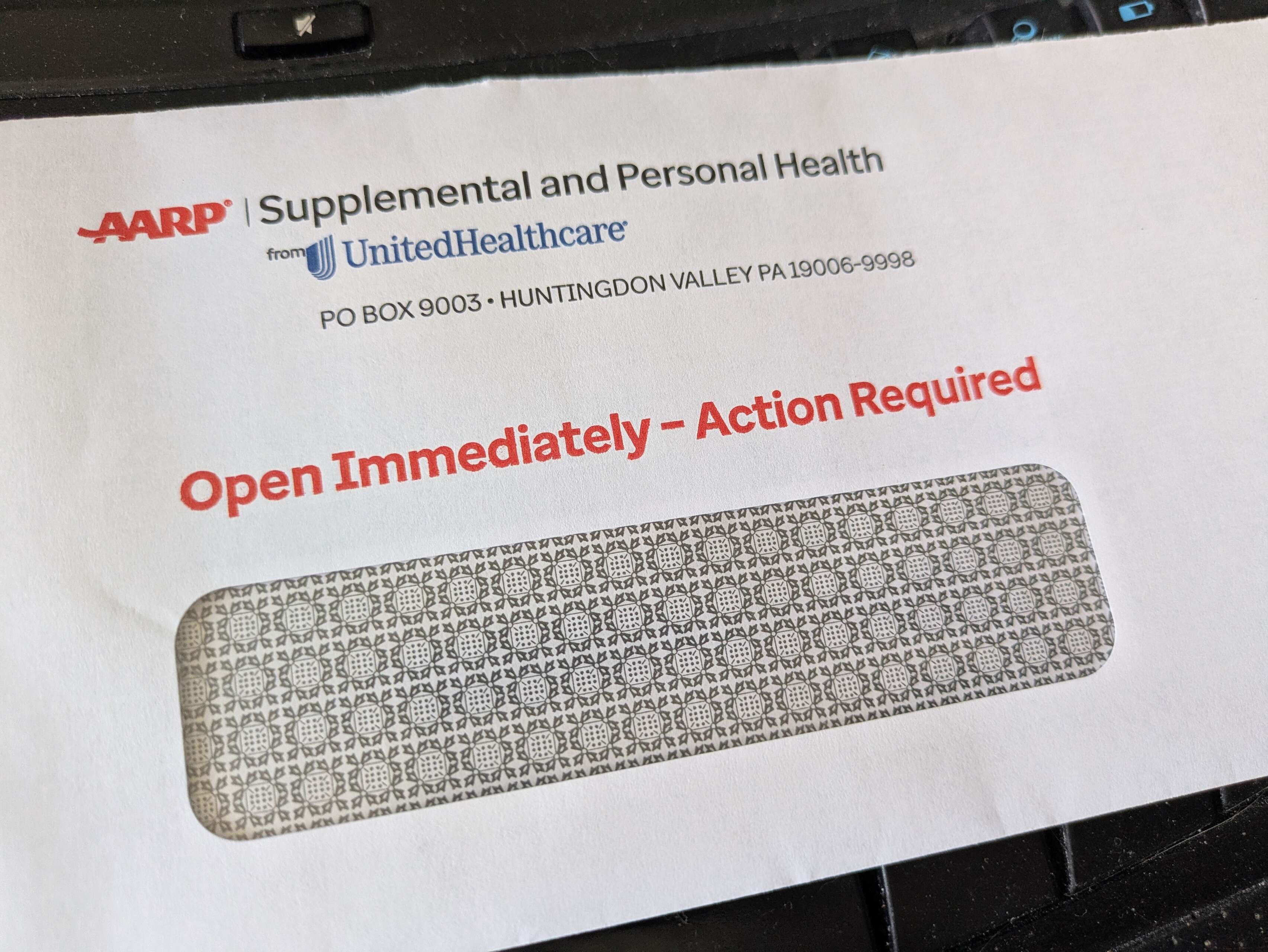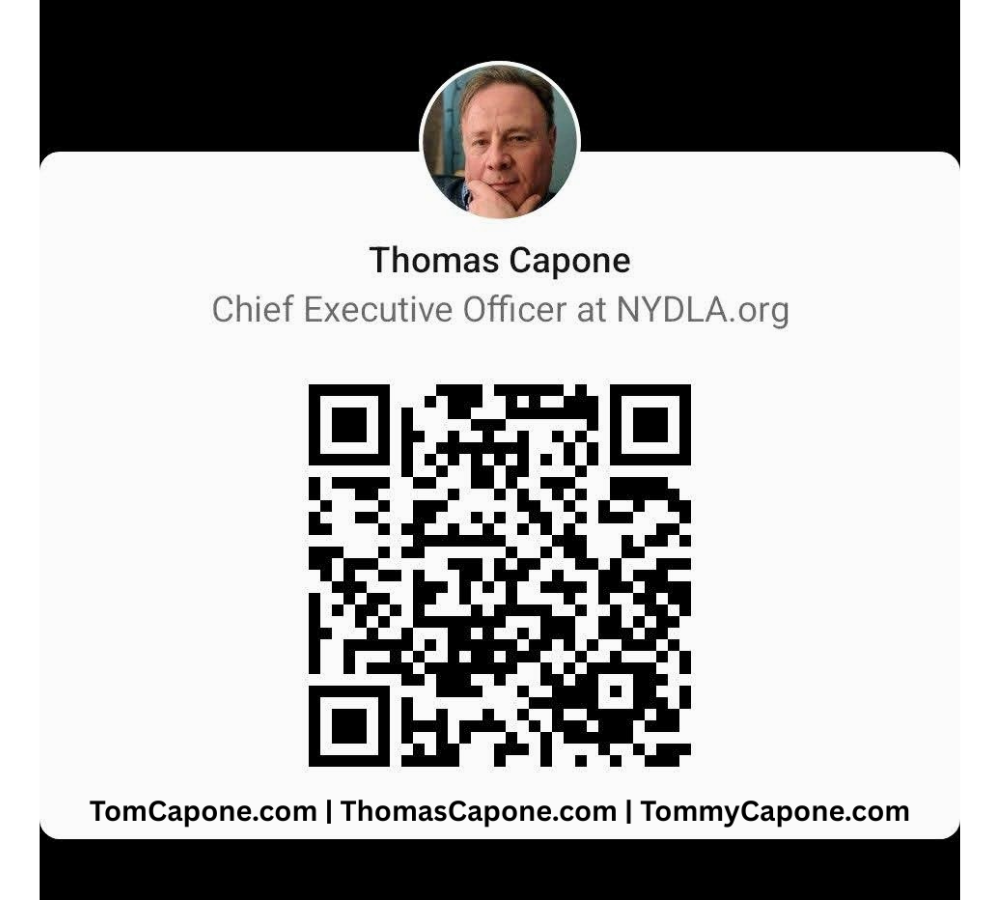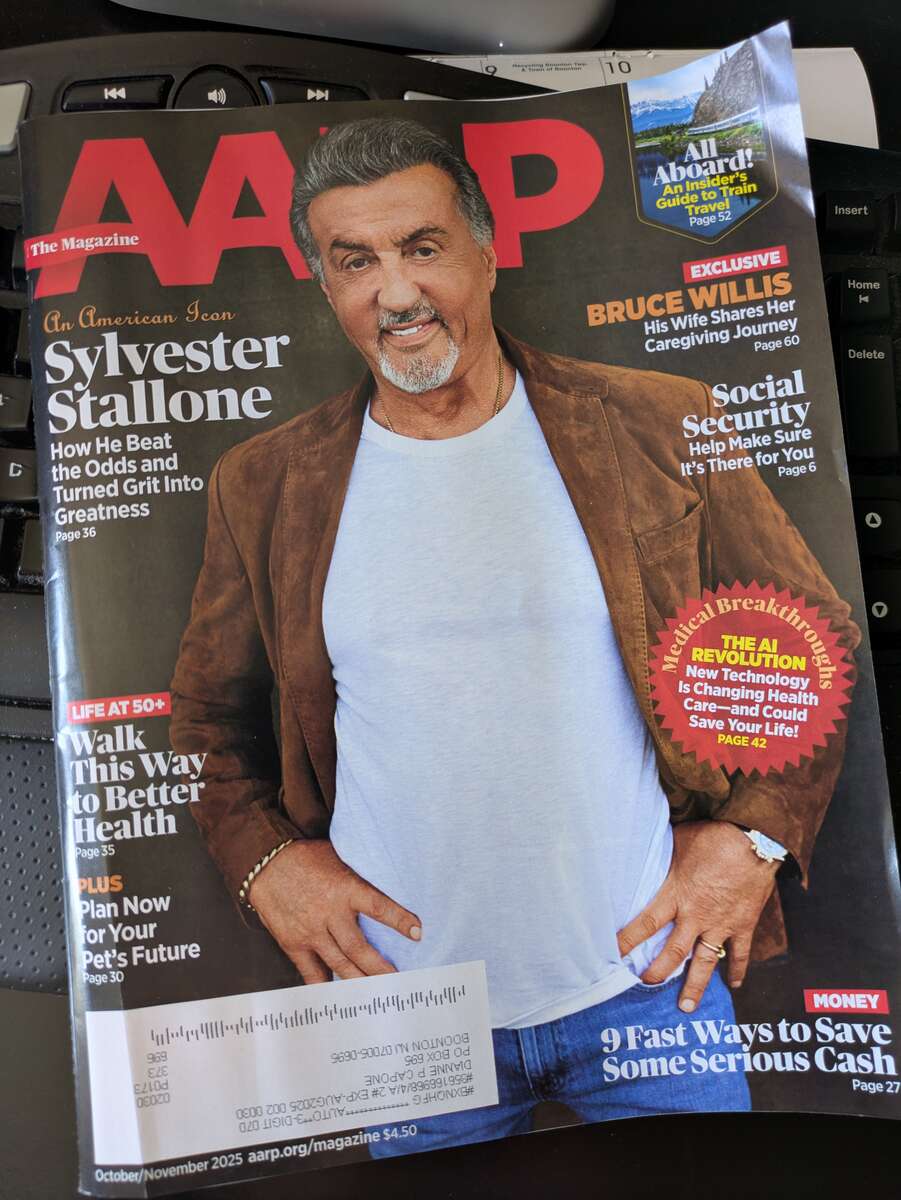Overview of Medicare TV Commercials
TV commercials for Medicare are a seasonal staple, especially during the Annual Enrollment Period (AEP) from October 15 to December 7, when beneficiaries can switch plans. As of October 22, 2025, we're right in the thick of it, so you're likely seeing a barrage on cable channels like news networks, game shows, and daytime TV targeted at seniors. These ads aren't from the government (Medicare itself runs minimal PSAs); they're overwhelmingly from private insurers and brokers pushing Medicare Advantage (MA) plans—also called Part C—which bundle Original Medicare (Parts A and B) with extras like prescription drugs (Part D). In 2024, over 90% of Medicare TV ads focused on MA, airing more than 643,000 times during the prior enrollment season, averaging 9,500 per day. For 2025, expect similar volume, with ads starting as early as October 1 and lingering into the Medicare Advantage Open Enrollment Period (January 1–March 31).
The core goal? Drive calls to 800-numbers (often disguised as "Medicare hotlines") to connect you with agents who earn commissions for enrolling you in MA plans. Private insurers get paid by the government for each enrollee (over $400 billion in 2024), so they invest heavily in marketing — spending billions annually to capture the 50+ million Medicare beneficiaries, with MA now covering over half. Ads for standalone Part D drug plans or Medigap supplements exist but are far rarer.
The core goal? Drive calls to 800-numbers (often disguised as "Medicare hotlines") to connect you with agents who earn commissions for enrolling you in MA plans. Private insurers get paid by the government for each enrollee (over $400 billion in 2024), so they invest heavily in marketing — spending billions annually to capture the 50+ million Medicare beneficiaries, with MA now covering over half. Ads for standalone Part D drug plans or Medigap supplements exist but are far rarer.
Common Themes and Tactics in the Ads
These commercials are designed to grab attention and create urgency ("Don't miss out on benefits you deserve!"). Here's what they're typically "all about," based on analyses of recent seasons:
Extra Benefits Not in Original Medicare: Ads hype "free" perks like dental cleanings, vision exams/glasses, hearing aids, gym memberships (e.g., SilverSneakers), meal delivery, and rides to appointments. About 92% emphasize these, portraying healthy, active seniors enjoying them. Reality check: Usage rates for these are low (under 20% for many), and they're often limited (e.g., $1,000 annual dental cap) or require in-network providers.
Zero or Low Costs: Promises of "$0 premium, $0 deductible, $0 copays" dominate, especially for the two-thirds of MA plans with no extra monthly premium beyond Part B's $185 (2025 standard). They frame MA as a "better deal" than Original Medicare, which has no out-of-pocket cap and gaps in coverage. But ads rarely mention ongoing Part B premiums, network restrictions (HMOs/PPOs limit doctors), prior authorizations, or potential denial of care—key trade-offs.
Urgency and FOMO: Lines like "Enrollment is now open—call today!" tie into AEP deadlines. Some imply you'll lose Social Security or benefits if you don't switch, which is false.
Celebrity Endorsements: Faded stars sell the dream—Joe Namath (over 56,000 airings in one season), William Shatner, Jimmie Walker, George Foreman, and Mike Huckabee. Mostly men, they appear more in broker ads than insurer ones, adding a layer of trust. Recent X posts gripe about the repetition, like "Someone please stop the Medicare commercials on TV. They are driving me nuts!!" or frustration with 2-minute Humana spots.
Visuals and Messaging: Happy, fit seniors (often white and able-bodied) dominate, ignoring Medicare's diverse, sometimes frail users (22% report poor health). Ads use Medicare card images or "official" hotlines to mimic government endorsement—now banned under 2025 CMS rules.
Extra Benefits Not in Original Medicare: Ads hype "free" perks like dental cleanings, vision exams/glasses, hearing aids, gym memberships (e.g., SilverSneakers), meal delivery, and rides to appointments. About 92% emphasize these, portraying healthy, active seniors enjoying them. Reality check: Usage rates for these are low (under 20% for many), and they're often limited (e.g., $1,000 annual dental cap) or require in-network providers.
Zero or Low Costs: Promises of "$0 premium, $0 deductible, $0 copays" dominate, especially for the two-thirds of MA plans with no extra monthly premium beyond Part B's $185 (2025 standard). They frame MA as a "better deal" than Original Medicare, which has no out-of-pocket cap and gaps in coverage. But ads rarely mention ongoing Part B premiums, network restrictions (HMOs/PPOs limit doctors), prior authorizations, or potential denial of care—key trade-offs.
Urgency and FOMO: Lines like "Enrollment is now open—call today!" tie into AEP deadlines. Some imply you'll lose Social Security or benefits if you don't switch, which is false.
Celebrity Endorsements: Faded stars sell the dream—Joe Namath (over 56,000 airings in one season), William Shatner, Jimmie Walker, George Foreman, and Mike Huckabee. Mostly men, they appear more in broker ads than insurer ones, adding a layer of trust. Recent X posts gripe about the repetition, like "Someone please stop the Medicare commercials on TV. They are driving me nuts!!" or frustration with 2-minute Humana spots.
Visuals and Messaging: Happy, fit seniors (often white and able-bodied) dominate, ignoring Medicare's diverse, sometimes frail users (22% report poor health). Ads use Medicare card images or "official" hotlines to mimic government endorsement—now banned under 2025 CMS rules.
Where are you going with this Tom???
I (like you) saw these TV ads a million times. I was able to 'tune-out' and ignore them, because I was not on Medicare. And now that I turned 65 and I AM on Medicare... I paid attention for the first time. "Honey, do we need this?"
The Reality: Marketing vs. Fine Print
While these TV ads highlight upsides, they gloss over downsides. MA plans must cover Original Medicare basics but add networks and rules that can limit choices — e.g., 40% of beneficiaries face care denials or delays via prior auth. Complaints about misleading ads surged to 40,000 in 2021, with 20% involving unauthorized enrollments. Low-income folks report more pressure and confusion, per surveys. X users echo this: "Medicare is confusing - So much misinformation you see in TV ads."
New 2025 rules aim to curb deception: No fake Medicare logos, clearer disclosures on limits, and bans on unsolicited calls. Still, ads persist because they work — MA enrollment hit 32 million in 2025.
Advice to Cut Through the Noise
Shop Smart: Use Medicare.gov's Plan Finder tool—it's free, unbiased, and compares based on your drugs/doctors. Review annually; plans change.
Spot Red Flags: Ignore "limited-time" scares; no plan is "free" overall. Verify agents via 1-800-MEDICARE.
Get Free Help: Call your State Health Insurance Assistance Program (SHIP) or Senior Medicare Patrol for neutral guidance—no sales pitch.
If Overwhelmed: Stick with your current plan if it works; auto-renewal is an option. For 2025 changes, note the new $2,000 Part D out-of-pocket cap.
I did the research. I made the phone calls. I was curious - so I asked questions. Lots of questions. My wife and I passed on getting MA. Don't need it, don't want it.
OK, so! Who needs help with their telecom | technology purchases? I've been doing that since 1983. Call me anytime. No charge for my time (first time). And no TV ads necessary.
TomCapone.com goes to my LinkedIn
TommyCapone.com goes to my Bluesky
ThomasCapone.com goes to my Sunday Blog
Cell: 201-466-8442 { texting preferred}
TommyCapone.com goes to my Bluesky
ThomasCapone.com goes to my Sunday Blog
Cell: 201-466-8442 { texting preferred}

.png)
